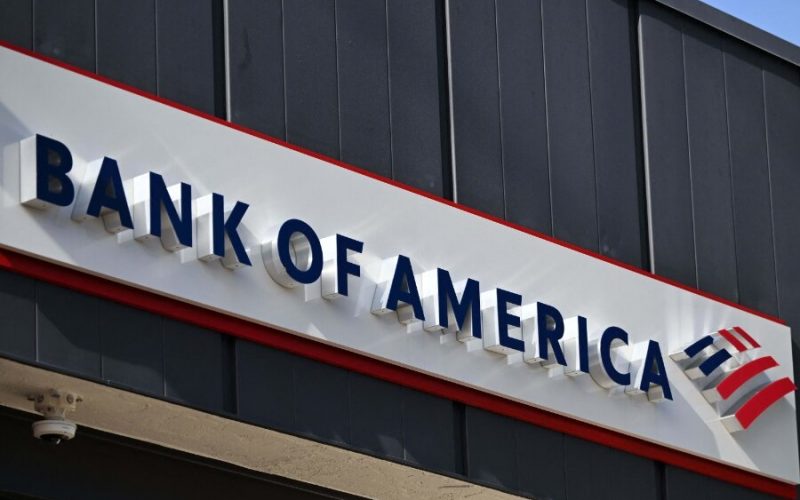Prominent financial institutions appear to be speeding up a trend that many conservatives find alarming: the closure of physical bank branches.
Based on a bulletin released by the Office of the Comptroller of the Currency (OCC) on Friday, Bank of America took the lead by shutting down 21 branches in the very first week of October.
Wells Fargo followed closely with 15 closures, and US Bank and Chase each reported closing nine and three branches.
As reported by the Daily Mail:
In total, some 54 locations had either closed or were scheduled to close between October 1 and October 7. Of the overall closures, three were in Louisville in Kentucky. Eight of the 21 Bank of America closures were in California.
On Friday, major US banks including Wells Fargo and JPMorgan Chase reported their third quarter earnings. Increased revenue thanks to higher interest rates saw both banks’ revenues increase.
This months’ closures come after an exclusive poll by DailyMail.com revealed that 51 percent of consumers said they were very or somewhat concerned about the declining number of bank branches. Only 18 percent said they were not at all concerned.
The survey also found that brick-and-mortar services are less accessible to black Americans. While 14 percent of black Americans said they did not have a local branch, that was only the case for 8 percent of white Americans.
According to the Kiplinger, more than 3,000 bank branches have closed down nationwide:
Banks are closing branches faster than they’re opening new ones. U.S. banks closed over 3,000 branches last year while opening just 1,000. JPMorgan Chase led in branch closures last year, shuttering 144 branches, while opening 133. The trend will likely continue as banks face staunch competition for deposits and younger customers from online banks, fintech firms, and Big Tech.
Note that the number of bank closures varies widely by area. Between 2017 and 2021, more than 7,000 branches were closed in the U.S., which represents 9% of all locations. One-third of these closures have been in areas with large minority populations.
The initial wave of closures was sparked by mergers and acquisitions in the wake of the 2008 financial crisis. More recently, changing consumer preferences and improved banking tech are the reasons given for ditching brick-and-mortar locations. It shows that big-bank investment in tech is paying off, as new apps and websites with an expanding array of services have lured more customers.
Retired Managing Director of Wealth Management formerly working in Swiss Private Banking, Clive Thompson, said at some point, the global economy will enter a crisis.
He believes banks will be closed, then there will be an announcement about the rollout of Central Bank Digital Currencies (CBDCs).
Share your thoughts by scrolling down to leave a comment.

